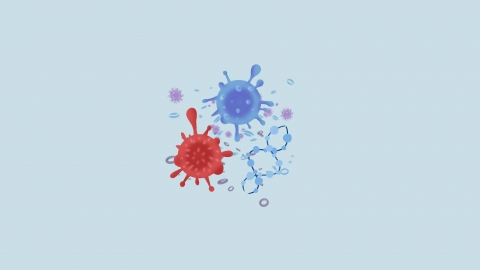How can one contract AIDS?
Generally, HIV/AIDS can be transmitted through sexual contact, mother-to-child transmission, sharing injection equipment, contact with other bodily fluids of infected individuals, and iatrogenic infection. If related symptoms occur, timely medical consultation and examination are recommended. Detailed analysis is as follows:

1. Sexual Transmission
This is the most common mode of transmission of HIV/AIDS. Unprotected sexual activity between heterosexuals, homosexual men, or homosexual women can transmit HIV/AIDS.
2. Mother-to-child Transmission
If a pregnant woman becomes infected with HIV, the virus may be transmitted to the fetus or newborn through the placenta, contact with the birth canal during labor and delivery, or breastfeeding.
3. Sharing Injection Equipment
Sharing unsterilized syringes and needles among intravenous drug users is a high-risk behavior for HIV transmission, such as multiple individuals taking turns using the same needle.
4. Contact with Other Bodily Fluids of Infected Individuals
For example, if a person comes into direct contact with bodily fluids such as semen, vaginal secretions, or cerebrospinal fluid from an individual infected with HIV through mucous membranes or broken skin, infection may occur.
5. Iatrogenic Infection
Inadequate sterilization of medical instruments. For example, using unsterilized equipment during procedures such as tooth extraction, tattooing, or ear piercing may result in transmission via residual traces of blood.
In daily life, it is recommended to take effective preventive measures, such as using condoms and not sharing needles, to reduce the risk of infection.









